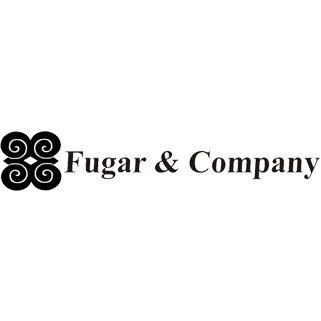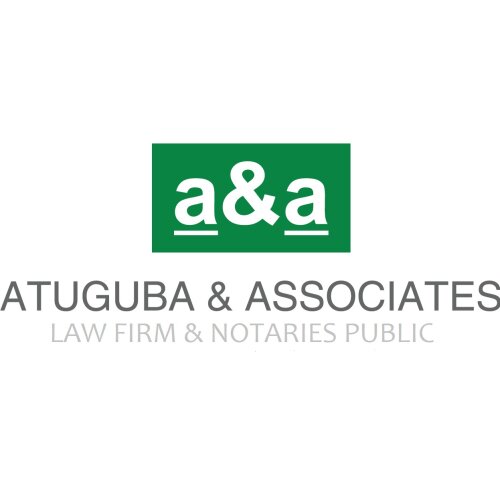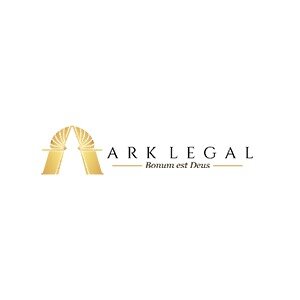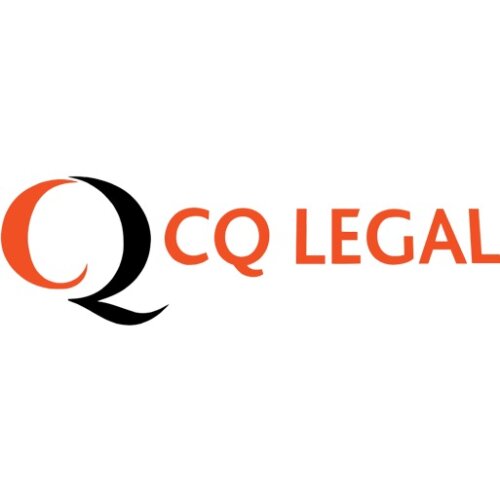Best Tax Increment Financing Lawyers in Ghana
Share your needs with us, get contacted by law firms.
Free. Takes 2 min.
Or refine your search by selecting a city:
List of the best lawyers in Ghana
About Tax Increment Financing Law in Ghana
Tax Increment Financing (TIF) is a public financing method that is used as a subsidy for redevelopment, infrastructure, and other community-improvement projects in Ghana. The concept behind TIF is that future tax revenues gained from increased property values as a result of these developments are used to subsidize the initial costs. It is a crucial tool for local governments aiming to boost their economic development efforts without relying on existing budgets or increasing taxes on residents. The legal framework governing TIF in Ghana provides guidelines on how incremental tax revenue can be utilized for pre-specified projects, aiding urban renewal and infrastructure enhancements.
Why You May Need a Lawyer
Engaging in Tax Increment Financing can be complex and involves a nuanced understanding of local laws, taxation policy, and financial analysis. Common situations where legal assistance might be required include:
- Understanding the legal framework and eligibility for TIF districts.
- Negotiating development agreements that involve TIF.
- Ensuring compliance with local government requirements and regulations.
- Resolving disputes related to property tax assessments and incremental financing.
- Navigating tax implications and benefits associated with TIF projects.
A qualified lawyer can provide guidance and ensure that all legal and procedural steps are correctly handled, thus helping prevent potential disputes or financial liabilities.
Local Laws Overview
In Ghana, the legal context for Tax Increment Financing is embedded within the broad framework of municipal finance and local government laws. Key aspects include:
- TIF District Establishment: Specific laws dictate how TIF districts are created, including requirements for public input and economic impact assessments.
- Use of Funds: Funds from TIF must be used for approved public improvements within the TIF district, such as infrastructure development or urban renewal projects.
- Financing Structure: Guidelines are provided on financing mechanisms, which often involve issuing municipal bonds against expected future tax revenue increments.
- Reporting and Compliance: Entities involved in TIF projects must adhere to regular reporting requirements to ensure transparency and accountability.
Frequently Asked Questions
What is Tax Increment Financing and how does it work?
Tax Increment Financing is a method that local governments use to fund infrastructure and development projects by capturing the future tax benefits of the increased property values resulting from those projects.
How are TIF districts created in Ghana?
TIF districts are established via a legal process that includes evaluations of economic impact, public consultations, and formal approval by local government authorities.
Can TIF be used for any type of project?
No, TIF is generally used for projects that meet public improvement criteria, such as infrastructure, local economic development, and urban renewal projects.
Who bears the risk in TIF projects?
The primary risk in TIF projects usually falls on the local government, as they bet on future tax revenues to pay for current improvements. Developers might share some risk if the agreement structure includes performance-based incentives.
How is the success of a TIF project measured?
Success is typically measured based on economic development indicators such as increased property values, job creation, and enhanced public infrastructure.
Are TIF funds available immediately after the establishment of a TIF district?
No, TIF funds are typically received incrementally as property values within the TIF district rise over time, producing higher tax revenues.
What are some potential downsides to TIF?
Potential downsides include the risk of insufficient tax revenue to cover costs, displacement of residents, and possible over-reliance on anticipated future tax increments.
How can a lawyer assist in a TIF agreement negotiation?
A lawyer can help ensure that agreements are equitable, legally sound, and include necessary protection clauses for parties involved, reducing the risk of future litigation.
Is public consultation mandatory before starting a TIF project?
Yes, public consultation is a critical part of establishing a TIF district to gather community input and ensure transparency of the proposed undertaking.
Are TIF projects subject to audit or review?
Yes, TIF projects are usually subject to periodic audits and reviews to ensure accountability and compliance with agreed terms and government regulations.
Additional Resources
For those seeking more detailed information or assistance, the following resources can be helpful:
- Ministry of Finance, Ghana: Provides guidelines and updates on financial regulations and policy changes.
- Local Government Authorities: Offer insights and specifics related to TIF projects within particular jurisdictions.
- Ghana Revenue Authority (GRA): Can provide additional resources and guidance on tax implications and benefits.
- Professional Legal Associations: Contacting legal associations can help you find experienced lawyers specializing in TIF.
Next Steps
If you need legal assistance regarding Tax Increment Financing in Ghana, follow these steps:
- Research: Gather as much background information as possible about your scenario and the TIF laws in Ghana.
- Identify Your Needs: Understand the specific areas where you require legal help, whether it’s in drafting agreements, negotiating terms, or compliance.
- Consult a Lawyer: Reach out to a lawyer specializing in financial law or a related field to discuss your needs. Initial consultations can often provide clarity on how to proceed.
- Prepare Documentation: Assemble any relevant documentation such as past communication, financial estimates, or project proposals to assist your lawyer in understanding your case.
By taking these steps, you can ensure that you are well-prepared to engage with a legal expert to navigate the complexities of Tax Increment Financing in Ghana.
Lawzana helps you find the best lawyers and law firms in Ghana through a curated and pre-screened list of qualified legal professionals. Our platform offers rankings and detailed profiles of attorneys and law firms, allowing you to compare based on practice areas, including Tax Increment Financing, experience, and client feedback.
Each profile includes a description of the firm's areas of practice, client reviews, team members and partners, year of establishment, spoken languages, office locations, contact information, social media presence, and any published articles or resources. Most firms on our platform speak English and are experienced in both local and international legal matters.
Get a quote from top-rated law firms in Ghana — quickly, securely, and without unnecessary hassle.
Disclaimer:
The information provided on this page is for general informational purposes only and does not constitute legal advice. While we strive to ensure the accuracy and relevance of the content, legal information may change over time, and interpretations of the law can vary. You should always consult with a qualified legal professional for advice specific to your situation.
We disclaim all liability for actions taken or not taken based on the content of this page. If you believe any information is incorrect or outdated, please contact us, and we will review and update it where appropriate.
Browse tax increment financing law firms by city in Ghana
Refine your search by selecting a city.

















